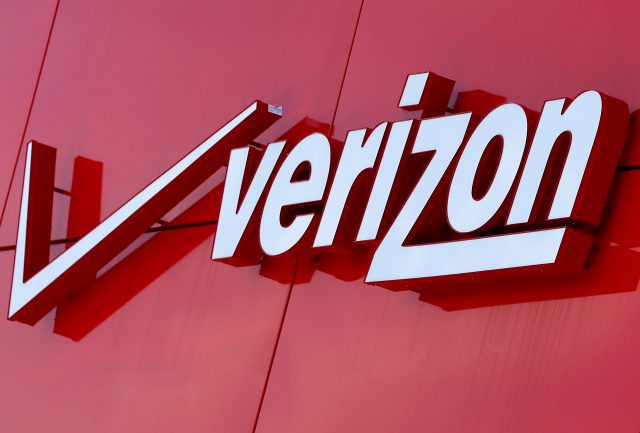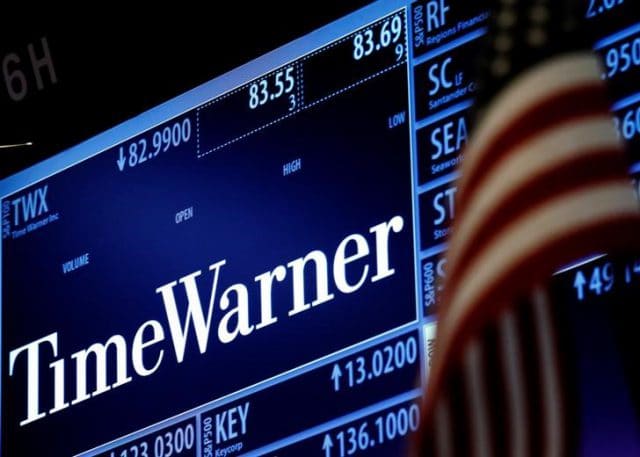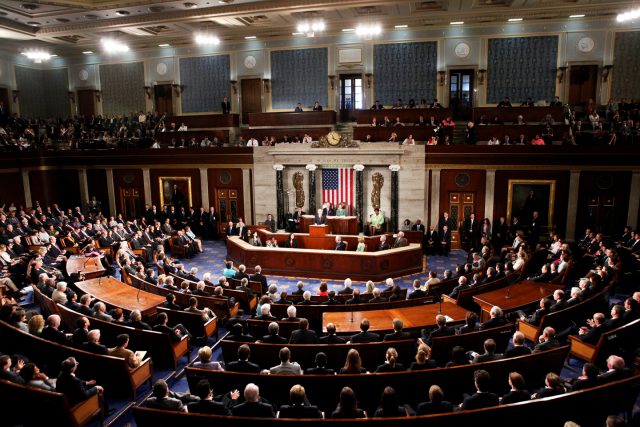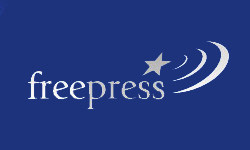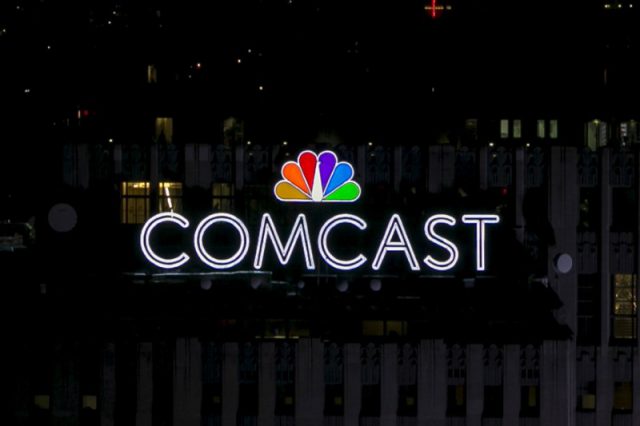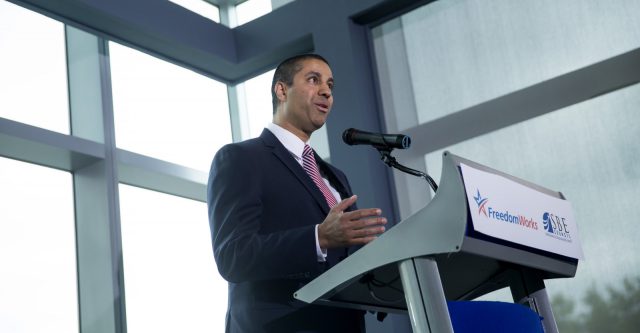
FCC Chairman Ajit Pai announces his opposition to Net Neutrality at a FreedomWorks-sponsored event at the Newseum in Washington, D.C.
WASHINGTON (Reuters) – The head of the U.S. Federal Communications Commission on Wednesday proposed overturning the landmark 2015 Obama-era Net Neutrality rules that prohibit broadband providers from giving or selling access to certain internet services over others.
FCC Chairman Ajit Pai, named by President Donald Trump in January, said at a speech in Washington he wants to reverse rules that boosted government regulatory powers over internet service providers. Proponents who fought to get the rules passed said his proposal would set off a fierce political battle over the future of the internet regulation.
The rules, which the FCC put in place in 2015 under former President Barack Obama, prohibit broadband providers from giving or selling access to speedy internet, essentially a “fast lane,” to certain internet services over others.
The rules reclassified internet service providers much like utilities. They were favored by websites who said they would guarantee equal access to the internet to all but opposed by internet service providers, who said they could eventually result in rate regulation, inhibit innovation and make it harder to manage traffic. Pai said he believed the rules depressed investment by internet providers and cost jobs.
“Do we want the government to control the internet? Or do we want to embrace the light-touch approach” in place since 1996 until revised in 2015, he asked.
A federal appeals court upheld the rules last year. The Internet Association, a group representing Facebook Inc, Alphabet Inc, and others, said the rules were working and that reversing them “will result in a worse internet for consumers and less innovation online.”
Pai said his proposal will face an initial vote on May 18 but he would not seek to finalize a reversal of the Obama rules until the FCC takes public comment, which could take several months.
 Republican FCC Commissioner Mike O’Rielly said the rules “took internet policy down into a dark and horrible abyss” and said the FCC will “expunge Net Neutrality regulations from the internet.”
Republican FCC Commissioner Mike O’Rielly said the rules “took internet policy down into a dark and horrible abyss” and said the FCC will “expunge Net Neutrality regulations from the internet.”
Internet providers such as AT&T, Verizon Communications, and Comcast Corp have argued that the Net Neutrality rules have made investment in additional capacity less likely. Comcast chairman and chief executive Brian Roberts said Pai’s proposal “creates an environment where we can have a fresh constructive dialogue.”
Democratic Senator Edward Markey predicted Pai’s plan to overturn the rules would face a “tsunami of resistance.”
Democrats and advocates of the rules called for a massive public outcry to preserve them. In 2014, comedian John Oliver in his HBO show owned by Time Warner Inc., helped galvanize support for Net Neutrality.
“I am confident that the millions of Americans who weighed in with the FCC in support of the open internet order will once again make their voices heard to demonstrate how wrongheaded this approach is,” said Senate Democrat Leader Charles Schumer.
Republicans said Democrats should work with them to pass a legislative fix to set internet rules. Senate Republican Leader Mitch McConnell praised Pai for working to reverse “the Obama Administration’s eight-year regulatory assault on all aspects of our economy.”
(Reporting by David Shepardson; Editing by Tom Brown, Diane Craft and David Gregorio)


 Subscribe
Subscribe